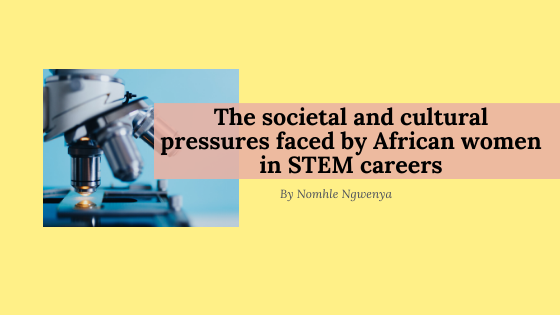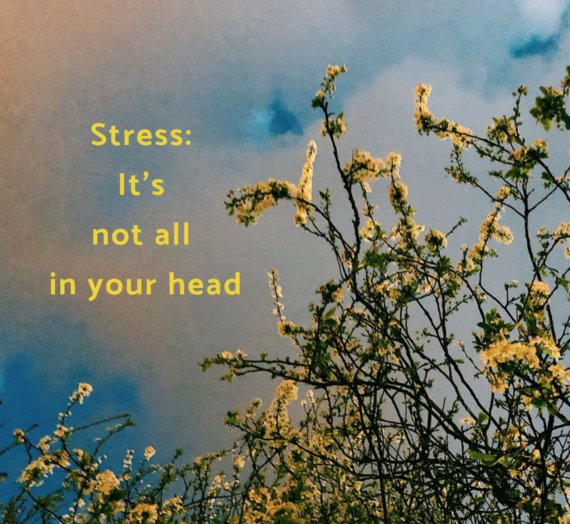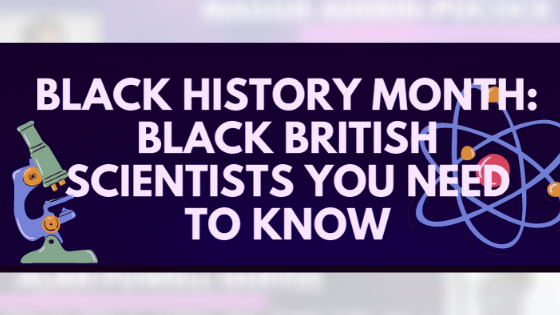We’re delighted to bring you a guest post from Nomhle Ngwenya, an amazing woman in STEM currently doing her PhD in South Africa. Nomhle has written a fascinating account of her experiences of navigating the world of STEM as an African woman, we hope you find it insightful and educational. Check it out below!

We live in the 21st century where there have been massive advancements in society especially relating to the development and empowerment of women. Gender equality has been a global agenda that has been reiterated in the sustainable development goal (SDGs) 5 where women have been identified as key to contributing to economic growth and overall development. However, despite all these achievements, there are societal and cultural pressures that we should be aware of that can hinder the further emancipation of women.
I am a 23-year-old African woman completing my PhD at Wits University, Johannesburg, South Africa. This is a huge achievement for me as I am able to complete my academic achievements at a young age and make my own impact on society. A lot of people initially are always shocked at how young I am pursuing such studies, but the focus of discussion interestingly changes from my academic career towards my personal life when I interact with family or new people. These questions are based on my marital and child-bearing capabilities. Such questions include “When do you think you will get married”, “A PhD sounds like a lot of work, when will you find a potential suitor?” I have even been warned to delay my academic studies as men will be threatened by me or I will not be desirable when I finally decide to settle down. It is in such conversations how I realise how people are so accustomed to placing the worth of African women on their marital status such as whether ilobola (bride price) has been paid for them as well as transitioning to motherhood. This highlights the role that societal and cultural expectations can influence the mind-sets of so many people, directly and indirectly too.

I grew up with parents who were unapologetic about what they wanted for me, as their daughter and raised me to be resilient and independent in all I do. My parents have constantly told me (still do) that marriage and kids will come at the right time and that the phase I am in right now is to focus on my own personal and career development. Having such parents with such a mentality and outlook for life has built a solid foundation in me but allowed me the space to let go of certain societal and cultural pressures.
Over the years, there has been a concern over the lack of representation of African women in STEM. According to the Global Partnership for Education, there is still a huge gender gap of women participating in STEM careers in Africa. This has been attributed to various factors such as access to education and gender discrimination where men are deemed as more favourable to pursue STEM careers. However, societal and cultural barriers should not be overlooked because generally African women are raised from a very young age to do domestic work, look after households, and be presentable as suitable wives.
In order for innovative solutions and tackling African problems through STEM, we need more young African women to participate. I personally believe that this boils down to African women not settling for societal and cultural expectations but wanting more and believing that they too can become change agents in STEM careers. I also believe that African governments need to create more opportunities for women to gain exposure and education in STEM careersm and this largely begins at primary and secondary education. Furthermore, policies need to be inclusive that promote gender equality in STEM.
Culture is very important amongst Africans and should never be isolated. Culture is the way we connect with ourselves, form our identity, and also allow us to preserve traditions that have been passed down generations. However, culture should be progressive and allow a space where millennials and women can have a voice beyond what is culturally expected of them.

I do not want young African girls viewing a PhD degree as something that will take away their life experiences. A PhD is a platform to make ground-breaking discoveries and contribute to the advancement of a better society. To be young, female, African, and doing a PhD should be empowering and not a barrier.




